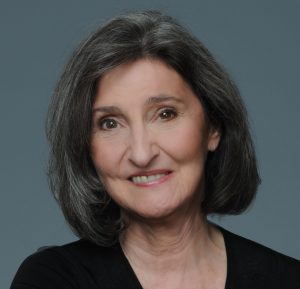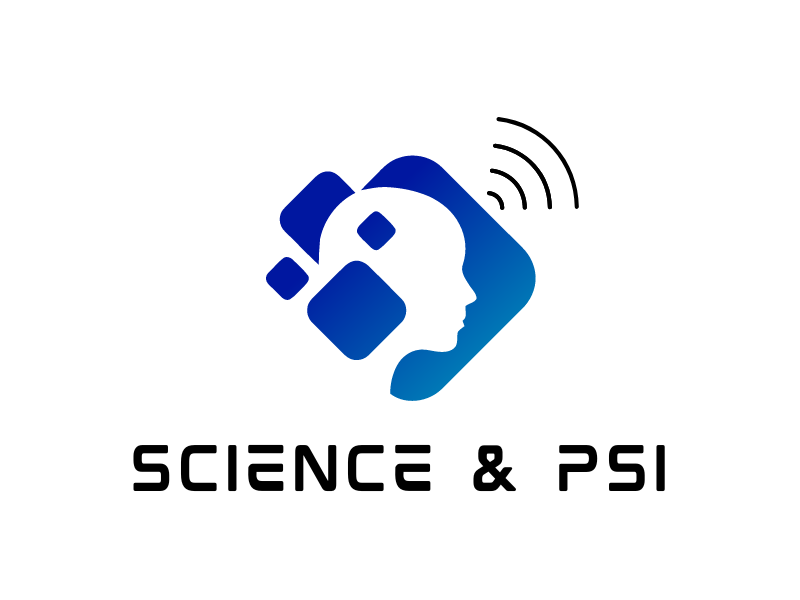For individuals who have encountered extraordinary parapsychological phenomena, the journey is often fraught with challenges, including stigmatization, misrepresentation, and the risk of misdiagnosis. Exceptional experiences, such as precognition or mind-to-mind interactions, can be profoundly isolating. In this blog post, we’ll delve into the issues faced by those who’ve had such encounters and explore the benefits of seeking guidance from psychiatrists who specialize in parapsychology.
The Stigma Surrounding Exceptional Experiences
One of the most significant hurdles faced by individuals with exceptional experiences is the burden of stigma and discrimination. Unfortunately, mainstream media frequently portrays these experiences in a negative or exaggerated light for the sake of entertainment, perpetuating misconceptions that mislead the public. This misrepresentation only adds to the challenges faced by those who’ve had such experiences.
Misdiagnosis and the Dangers of Pop Psychology
A second issue plaguing individuals with exceptional experiences is the potential for the general public to misdiagnose and associate various pathologies out of ignorance and misunderstanding. This misidentification of mental disorders can occur due to a lack of understanding or, more troublingly, a prevailing prejudice pertaining to parapsychological phenomena. Such public maligning can further fuel the stigma surrounding their experiences.
Alarmingly, the stigmatization of mental disorders remains pervasive in society. A 2019 poll conducted by the American Psychiatric Association (APA) revealed that mental health stigma is still a significant concern in the workplace. Approximately half of all workers expressed reservations about discussing mental health issues at their jobs, with over one in three fearing retaliation or termination if they sought mental health care.
Education and Critical Thinking
The third prevailing stereotype is that individuals with exceptional experiences lack the education and critical thinking skills to evaluate their situations effectively. Such assumptions can further isolate and discourage those who have had these experiences from seeking help or sharing their stories with others.
With these stereotypes firmly in place, it’s hardly surprising that many individuals choose to conceal their experiences and beliefs from the public eye. Interestingly, a study published in Science and Healing revealed that a significant majority of both the general population (94 percent) and scientists and engineers (93.2 percent) expressed belief in the psi phenomenon when surveyed anonymously.
The Role of Clinical Parapsychology
While many individuals with exceptional experiences hold positive feelings toward these events, there are some who find them distressing and unsettling. Here’s where clinical parapsychology comes into play, offering a valuable avenue to alleviate distress and provide clarity.
Clinical parapsychology employs a systematic approach to differentiate between genuine exceptional experiences and concerning abnormal behavior. Dr. Beth Hedva, in her enlightening lecture, underscores the significance of clinical parapsychology. She delves into the full spectrum of anomalous phenomena within the context of cross-cultural psychology and interpersonal relationships.
In conclusion, clinical parapsychology serves as a beacon of hope for individuals who have had exceptional experiences. By addressing the challenges of stigma, misdiagnosis, and stereotyping, this specialized field offers support, understanding, and a path toward greater clarity and peace for those who’ve encountered the unexplained.

Dr Beth Hedva Dr. Beth Hedva, author of Journey from Betrayal to Trust and the award-winning Betrayal, Trust and Forgiveness, is an internationally recognized counsellor and teacher. She made her reputation blending ancient and indigenous cross-cultural healing practices and spiritual traditions with modern psychological best practices to promote an integrative approach to both personal and community health and wellness.
Resources









